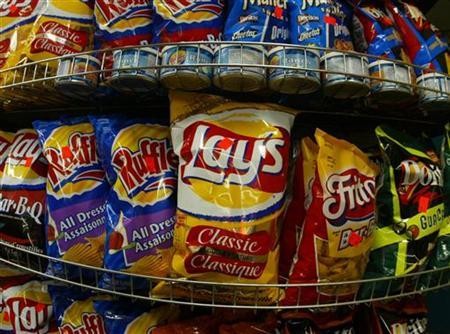Medical researchers used a new health tracker app to monitor Americans' eating habits, and learned that they eat nearly all day rather than three square meals. The constant snacking and empty calories explain the sky-high number of people in the United States who suffer from weight-related health conditions and diseases such as type 2 diabetes, obesity, and metabolic disorders.
The study was published in the journal Cell Metabolism. It was conducted by the Salk Institute's Regulatory Biology Laboratory in California.
Participants included 150 healthy men and women between 21 and 55 years old, with unmanaged diets, according to Pulse Headlines. Users just had to take a photo of each meal they ate, and then add where and what time they consumed the food.
Shubhroz Gill and Satchidananda Panda developed a free mobile app. It collects, evaluates, and interprets food consumption patterns of humans.
Researchers learned that Americans basically ate all day, although 35% of calorie intake was in the evening after 6 p.m., when the body is busy processing sugars and fat. Eating three square meals was rare.
The average daily caloric intake was higher than needed. Over 12 percent of the volunteers ate an average 1,947 caloric intake after 9 p.m.
Researchers learned the eating patterns of the volunteers. They included coffee and yogurt in the morning; burgers and sandwiches at lunchtime; and vegetables, ice cream, and alcohol in the evening. Candy and chocolate photos were snapped after 10 a.m.
Panda told Live Science that the problem was not only that Americans are not eating three meals a day. They are also eating random items and wild combinations, such as spicy trail mix and rice crispies, or a cream cheese and Cheetos sandwich, according to Live Science.
A follow-up study was conducted. Researchers learned that eating two big early meals and then skipping dinner resulted in more weight loss than consuming 6 small meals during the day.
Scientists want to keep the smartphone app available for people who want to improve their eating habits.The study could be expanded to learn how food affects obesity, diabetes, and sleep. It would be conducted in Europe, Japan, and India.
This video explains what happens when skipping a meal:



























